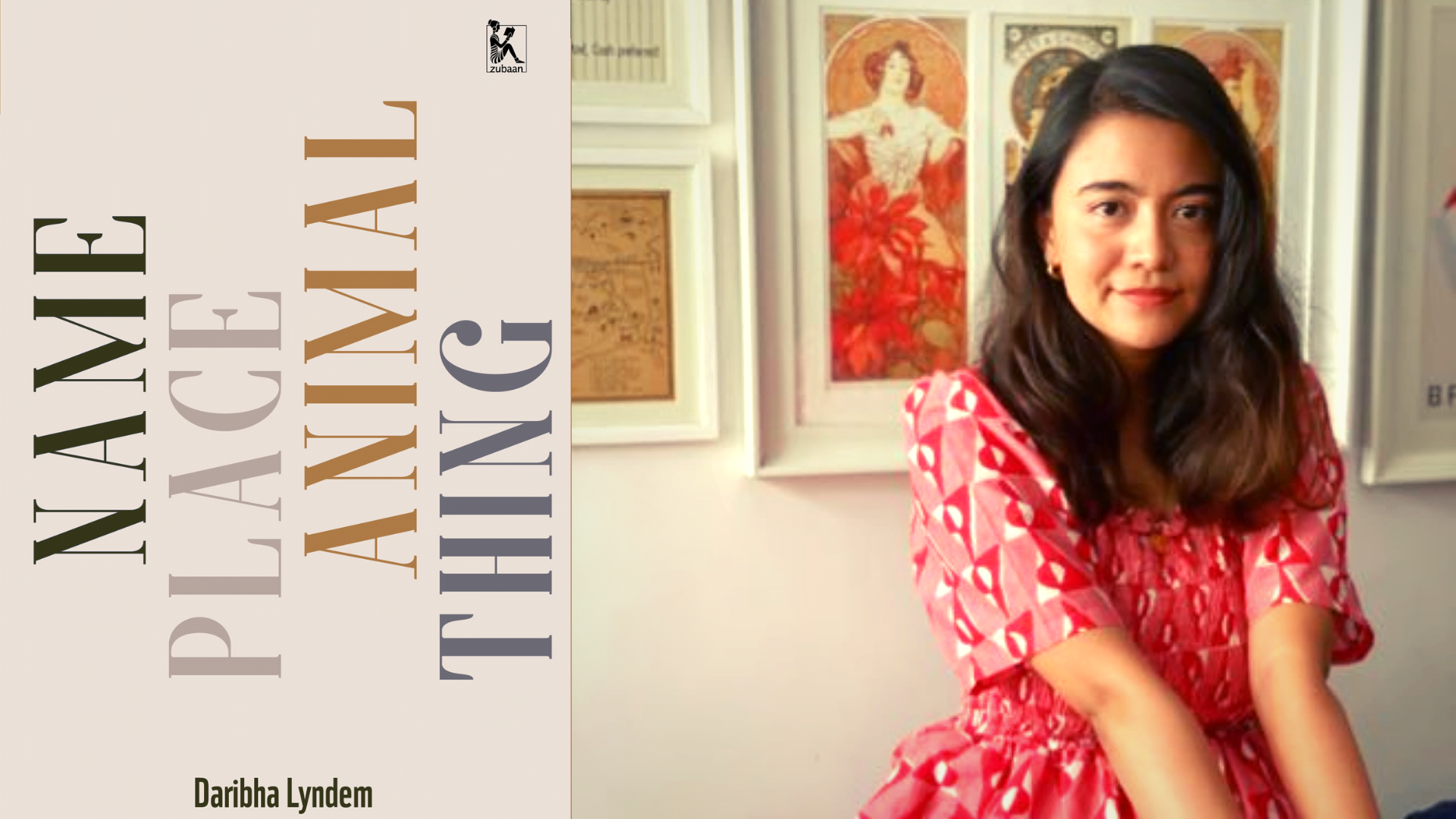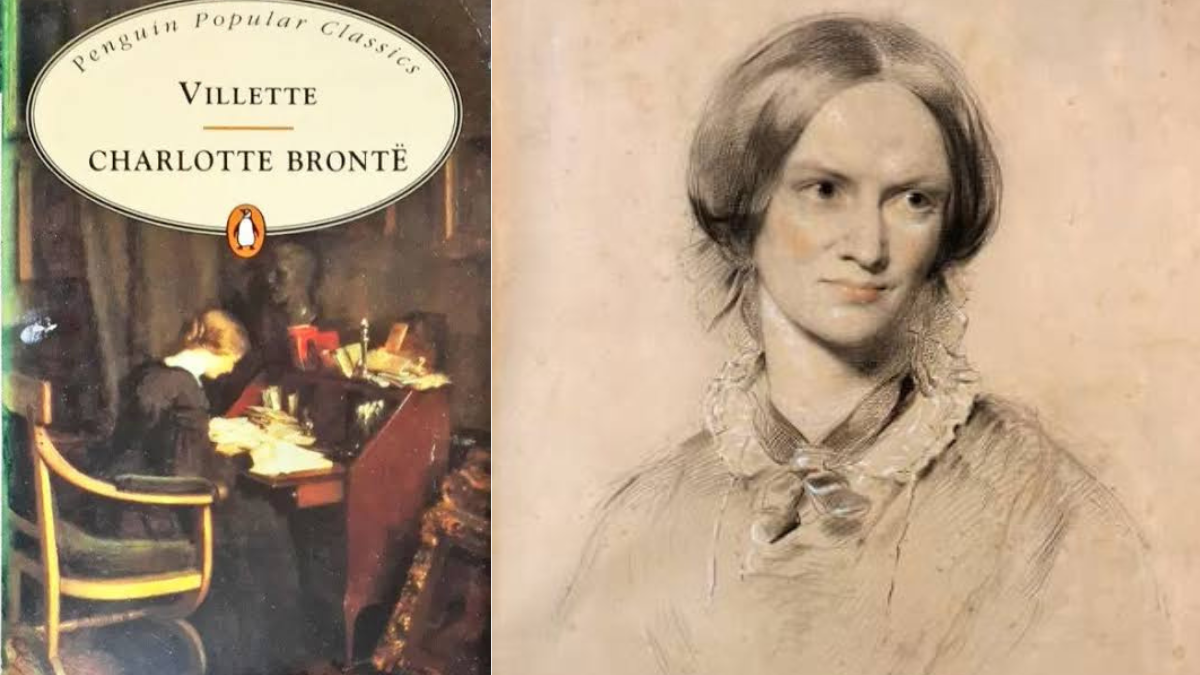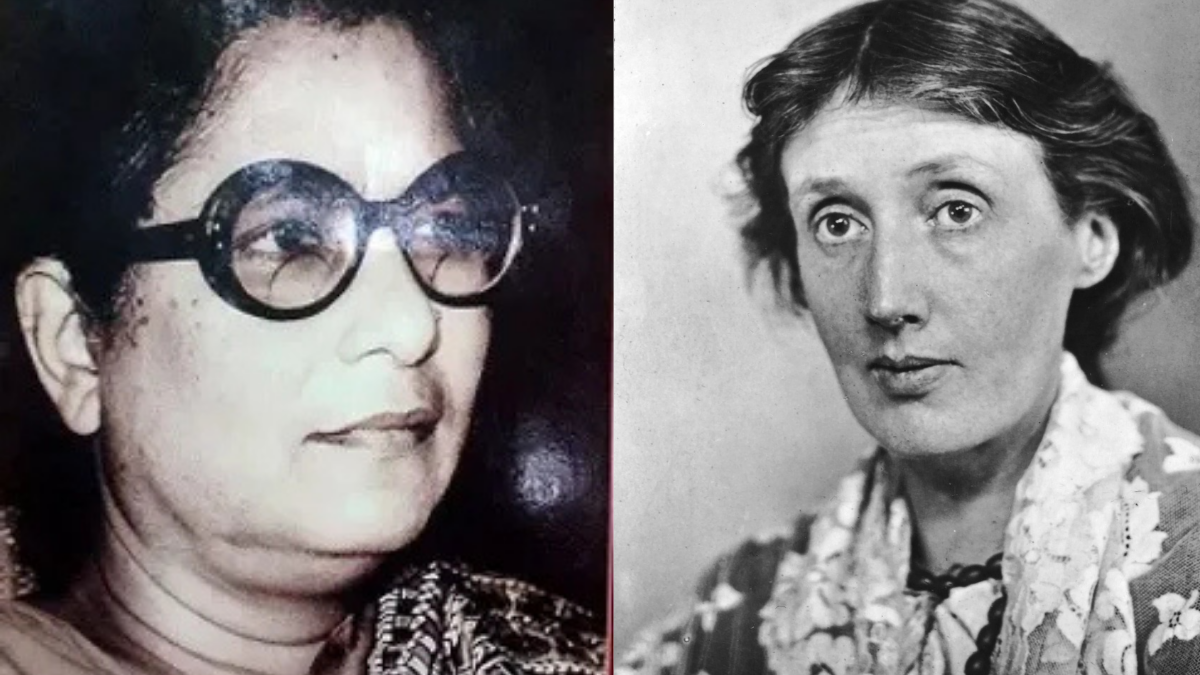Daribha Lyndem’s novella Name, Place, Animal, Thing traverses the life of a young girl from childhood to adulthood, shedding light on her negotiations with the world around. Born in the politically and racially charged city of Shillong, Daribha Lyndem’s book, published by Zubaan Books, deals with a young Khasi girl’s changing perceptions of identity, selfhood and differences. The book blossoms like a bud in the years of childhood filled with warmth, safety and childish preoccupations, and grows into a flower, albeit with a few wilted petals, growing in a soil cultivated with the memory of lost loved ones, and along with it a certain lost innocence.
Also read: Book Review: Bhasha Singh’s Unseen—The Truth About India’s Manual Scavengers
Doing justice to the book’s nomenclature, Daribha Lyndem identifies the key elements in the life of the young girl (who refers to herself as D on occasions), and expands on them- exploring how her worldview is carefully constructed with the events happening around her, and the way people respond to these events.
Daribha Lyndem’s book derives its name from a popular childhood game ‘Name, Place, Animal, Thing’ which involves the identification and differentiation of entities. Doing justice to the book’s nomenclature, Daribha Lyndem identifies the key elements in the life of the young girl (who refers to herself as D on occasions), and expands on them- exploring how her worldview is carefully constructed with the events happening around her, and the way people respond to these events. The book delicately and with utmost care analyses the thin lines that overlap the lives of a child and an adult. The narrator’s self-conscious voice is both honest and relatable. Daribha Lyndem’s book speaks to the reader like an intimate conversation where the narrator not only recalls past events that held value at the time of occurrence, but also provides a bird’s eye view into an expansive life that is affected by the past and through it, grows into the future.
On one hand, Daribha Lyndem’s book stares right in the eye of political and racial conflicts and through the pure innocence of a child, manages to call them absurd; on the other hand, it slowly shows the seeping in of stereotypes and notions of differences. Through its intersection of different characters, Daribha Lyndem’s book showcases the complex realities of the world , which are often ugly. Having a strong and unfaltering narratorial voice, the book is truthful in its construction of a psyche that is sometimes unintentionally flawed, making it all the more real and perceptive.
Having its moments of strong emotional connect and unlikely, but utterly beautiful, affections between people, Daribha Lyndem’s book also manages to pull at heartstrings. Its effortless, conversational writing aids this sensitive touch further. By the end, the book manages to establish a connection between the reader and the narrator that lingers like an intimate secret in the air. Through the narrator, Daribha Lyndem gives the reader a personal tour of life in Shillong as well as an inside-view of how various parameters like race, gender, class and nativity come up in the everyday and form an inescapable part of every interaction and experience.
Daribha Lyndem, working with the Indian Revenue Service, makes a brilliant debut with Name, Place, Animal, Thing. Owing to its intimate style, Daribha Lyndem’s book can be considered an ideal read for anybody who wants to explore life in the often-invisibilised North-East of the country.
Daribha Lyndem, working with the Indian Revenue Service, makes a brilliant debut with Name, Place, Animal, Thing. Owing to its intimate style, Daribha Lyndem’s book can be considered an ideal read for anybody who wants to explore life in the often-invisibilised North-East of the country. Its simple language makes for a comfortable reading experience, and the smoothness of the narratorial voice flows like water through the fingers.
About the author(s)
Aqsa writes on the intersections of identity and society, exploring how these layers shape people’s lives and perspectives. With a background in literature and cultural studies, her work reflects a belief that stories can create space for empathy and new ways of seeing. Outside of writing, she enjoys reading and gaming, always chasing stories in one form or another.





